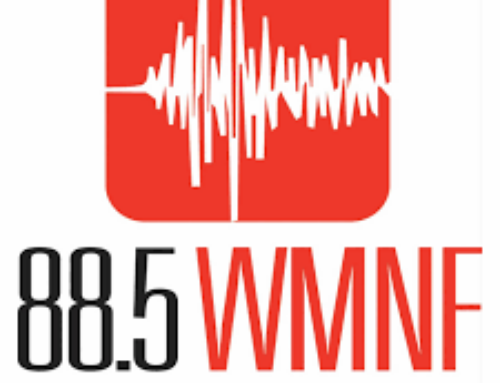Part 1 of this blog topic identified a few estate planning legal terms and explained what they mean. Part 2 continues with more estate planning terms.
In Part 1, one of the terms defined was Probate – the court-supervised process for administering an estate after someone dies. But is there a way to avoid that court process? Yes. One way to avoid probate is to have a “Trust.” A trust is a legal document created by you to manage your assets during your lifetime and to distribute the remaining assets upon your death. Think of a trust as a bucket into which you put your assets. If you create the trust then you are the called the “Grantor” (also called “Settlor,” or “Trustor” or “Trustmaker”). There has to be someone to manage the trust assets (the person who manages the things in the bucket) and that person is called the “Trustee.” You can serve as Trustee or you can appoint another person, a bank or trust company. The person who gets enjoy the benefit from all the assets in the trust bucket is called the “Beneficiary.” There can more than one beneficiary. You and/or other people and entities can be beneficiaries.
You can create a trust while your alive (“intervivos trust” or “living trust“) or one that only starts after your death through your Will or another trust (“testamentary trust”). Trusts are either “revocable” or “irrevocable.” All revocable means is that you, as the one who created the trust, have the right to change or terminate it. An irrevocable trust means you can’t change or terminate it (that doesn’t mean there aren’t ways to make sure the trust document does allow certain changes if needed). Trusts are sort of like ice cream sundaes- there are so many variations allowed you’re sure to get one that meets your needs.
The reason a trust helps avoid probate is because when your assets go into the trust bucket (called “funding the trust” which actually is done by re-titling assets into the name of the trustee of the trust), you no longer technically own those assets. Since probate only deals with assets you own at the time of your death, all those assets that are in the trust bucket bypass probate. The terms of the trust document determine what happens to the trust assets.
If you own real property outside the state of Florida and die, there will have to be an “ancillary administration“- a probate process- of that property in the state where it’s located along with probate, if needed, of your assets here in Florida. That means time and money. However, if you create a trust and put the out of state real property in it, then when you die there would be no need for the ancillary administration since you don’t own the property – your trust does.
There are lots of reasons why a trust may be a good option: avoid probate, speedier administration and provide for minors or persons with special needs are just a few. Our lawyers are here to guide you through this in an easy-to-understand way.
In the next installment of “What Do All Those Legal Words mean?”- the durable power of attorney and advance healthcare directives- critical documents to have while you’re alive.







Stay In Touch